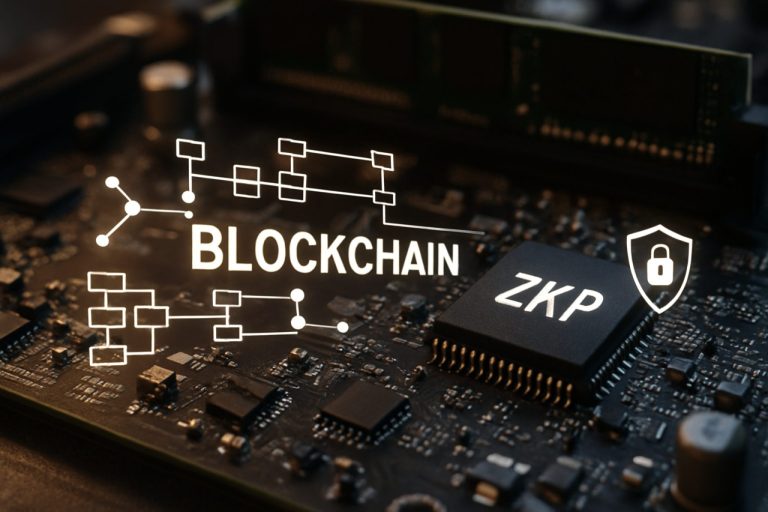
- The U.S. government added three new .gov websites linked to Donald Trump, sparking ethical debates.
- The domains are connected to a promotional event for the $TRUMP memecoin, offering exclusive access to a dinner with Trump for top investors.
- The memecoin’s value surged by 60%, benefiting Trump-related entities like CIC Digital and Fight Fight Fight LLC.
- Democratic Senators raised concerns about potential misuse of governmental status for cryptocurrency promotion, possibly breaching federal ethics regulations.
- The registrations draw parallels with past initiatives like DEI.gov and Waste.gov, which lacked substantive content.
- The situation highlights the intersection of politics, digital currency, and governmental assets, questioning how to protect digital integrity.
- These developments reflect the evolving nature of political influence, where digital engagements can spark widespread discussions.
Amid the high-stakes political landscape, a puzzling twist has emerged with the registration of new government websites linked to former President Donald Trump, raising eyebrows and sparking ethical debates. Recently, the U.S. government’s official website portfolio expanded to include three intriguing additions: thetrilliondollardinner.gov, dinnerforamerica.gov, and thetrillion.gov. Although none of these pages are currently live, their underlying purpose hints at an extraordinary blend of digital currency promotion and political spectacle.
These domains surfaced just as a promotional event tied to the $TRUMP memecoin promised exclusive access—a coveted dinner with Trump himself—for top investors. The announcement ignited a surge in the cryptocurrency’s value, with prices soaring by 60%, primarily benefiting Trump-related entities, CIC Digital and Fight Fight Fight LLC, holding the majority stake. However, as news spread, it didn’t take long for Democratic Senators to question the legality of potentially leveraging governmental status for cryptocurrency promotion, suggesting it might breach federal ethics regulations.
While some may argue this move reflects strategic acumen in leveraging digital currencies, critics are wary of the implications of a sitting or former president intertwining financial ventures with governmental channels. The registrations under official .gov domains beckon further scrutiny, especially when considering the historical precedent set by similar initiatives, such as the enigmatic DEI.gov and Waste.gov sites during Trump’s term. Both failed to deliver substantial content and were later restricted, fueling skepticism about the authenticity and intentions behind these newly registered sites.
As these virtual landscapes remain undeveloped, they stand as a curious testament to the confluence of politics and commerce in the digital age. This scenario underscores a key question for public discourse: How should nations safeguard the integrity of their digital assets from potential exploits even when the lines between personal enterprise and public service blur?
Ultimately, whether viewed as a savvy cross-promotion or a troubling ethical lapse, these website registrations illuminate the ever-evolving nature of political influence in the 21st century, where a click can catalyze a global discussion, and a domain name carries weight beyond its digital veneer.
Unveiling the Intrigue: How Trump’s New Website Registrations Stir Digital and Political Waters
The recent registration of new government websites linked to former President Donald Trump—namely, thetrilliondollardinner.gov, dinnerforamerica.gov, and thetrillion.gov—has injected a puzzling twist into the political landscape. Just as these domains have caught public attention, questions about ethical boundaries and the intertwining of digital currency and political maneuvers have emerged.
Exploring the Implications
1. Ethical Considerations
The use of government-associated domains for potential personal or financial endeavors raises significant ethical concerns. The U.S. Senate Ethics Committee and other oversight bodies may seek to explore whether this usage aligns with federal guidelines that prohibit public office use for personal gain.
2. Digital Currency’s Role in Politics
Cryptocurrency’s influence in political fundraising and public engagement remains a debated topic. According to the Pew Research Center, around 16% of Americans have invested in, traded, or used cryptocurrency, indicating a robust online financial ecosystem that political figures might tap into strategically.
How-To: Safeguarding Digital Assets
1. Develop Clear Regulations: Establish clear guidelines regarding the registration and management of .gov domains to prevent exploitative practices.
2. Enhance Oversight Mechanisms: Introduce stronger checks and balances to ensure that online government properties are not misused for promoting personal ventures.
Real-World Use Cases
Digital platforms have become crucial in political campaigns, with governments and candidates leveraging them for extensive reach. For instance, the 2020 U.S. presidential election witnessed significant digital spending, according to Statista, transforming the landscape of political promotions.
Predictions for the Future
With global digital engagement rising, the convergence of digital currency and political campaigning is expected to deepen. Key players might increasingly embed cryptocurrencies into their campaigns, prompting discussions about regulatory frameworks that can adapt as technology advances.
Pros & Cons Overview
Pros:
– Innovative Engagement: New digital platforms can enhance political engagement and accessibility.
– Increased Investment: Cryptocurrencies can attract a new donor base for political entities.
Cons:
– Ethical Concerns: The overlap between personal financial gain and public fiduciary responsibility can lead to conflicts of interest.
– Security Risks: Government websites promoting cryptocurrencies may increase the risk of hacking and fraud attempts.
Actionable Recommendations
1. Stay Informed: Citizens should remain aware of changes in political engagement methods and their ethical implications.
2. Engage in Dialogue: Public discourse can drive accountability; participate in discussions and advocacy for clear regulatory measures.
Conclusion
Given the evolving intersection of digital platforms and politics, it’s crucial to maintain vigilance over ethical standards and safeguard the integrity of government-related digital assets. By fostering informed discussions and advocating for transparent governance, citizens can play a key role in shaping the future landscape of political influence.
To explore more about digital trends and advancements, visit Pew Research Center or Statista.



